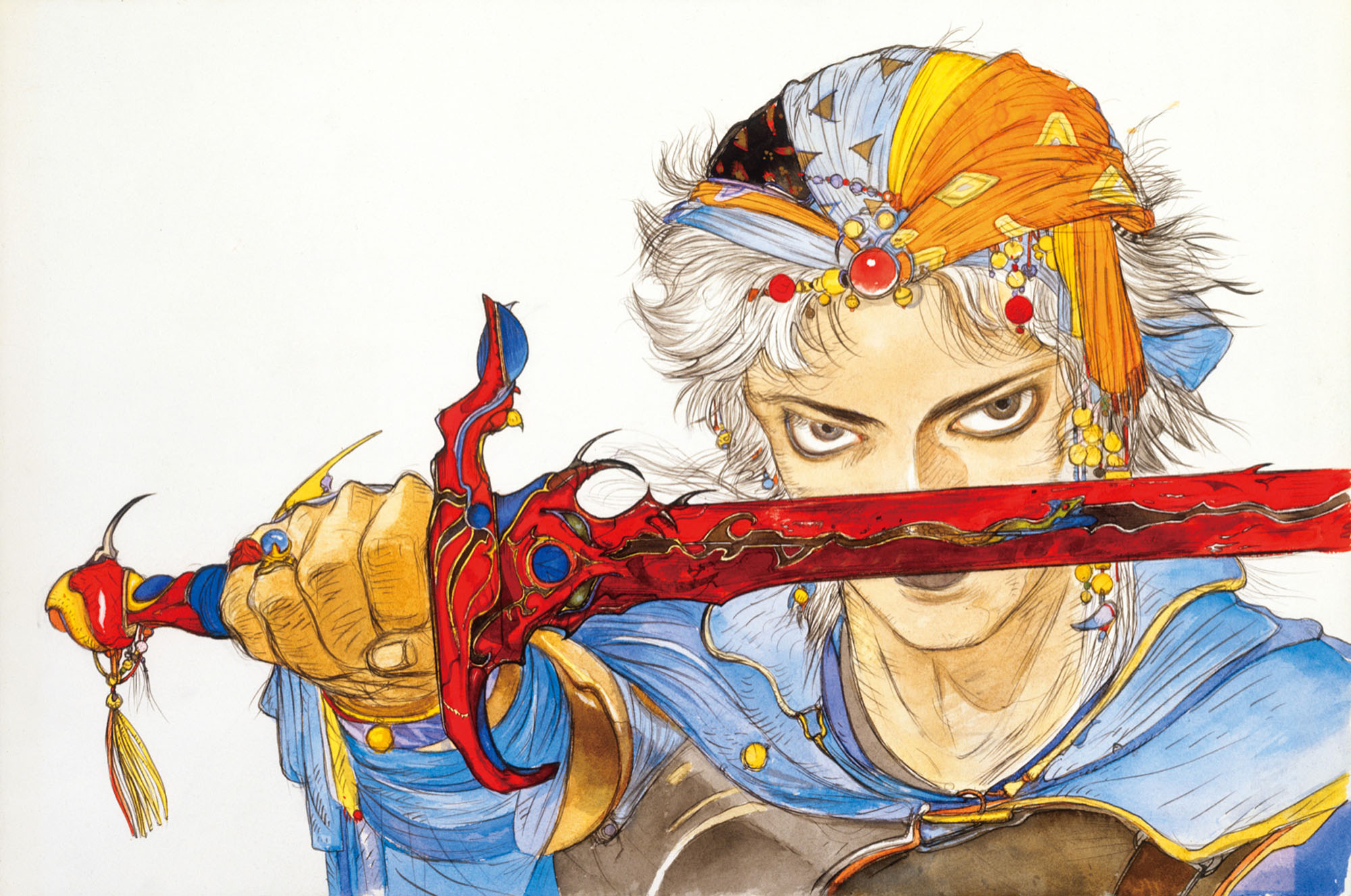For more than 35 years, the Final Fantasy series has been synonymous with video game RPGs. Originally conceived as Square’s last-ditch effort from a company that was on the verge of bankruptcy, Final Fantasy turned into a surprise hit, resulting in dozens of sequels and spin-offs over the years. Whether it’s epic storylines, constantly evolving combat system, or just the iconic music, millions of gamers around the world have made Final Fantasy one of gaming’s biggest franchises.
Of course, which Final Fantasy game is the very best is always a hot topic. Since Final Fantasy XVI is almost out, we figured it was time to finally rank the mainline games from worst to best. A few things to keep in mind with this list though, as even determining what constitutes a “mainline” Final Fantasy is a bit tricky:
- A mainline game is considered a numbered Final Fantasy, or one of its direct sequels that follows the same style of gameplay for the most part. That means that spin-offs like Final Fantasy Tactics and Stranger of Paradise didn’t make the cut, and games like Crisis Core and Revenant Wings were excluded from consideration since they branched into different genres.
- Since the older Final Fantasy games have had multiple re-releases and remakes over the years, the entries for these titles consider all of the various ports in determining a game’s place on the list. That means that Final Fantasy IV isn’t ranked in multiple spots for the SNES, GBA, or Pixel Remaster versions, nor for the Nintendo DS remake.
- However, one exception was made to that rule for the Final Fantasy VII Remake since it’s different enough from the original to warrant its own place on the list.
And with that out of the way, this is how we ranked the mainline Final Fantasy games:
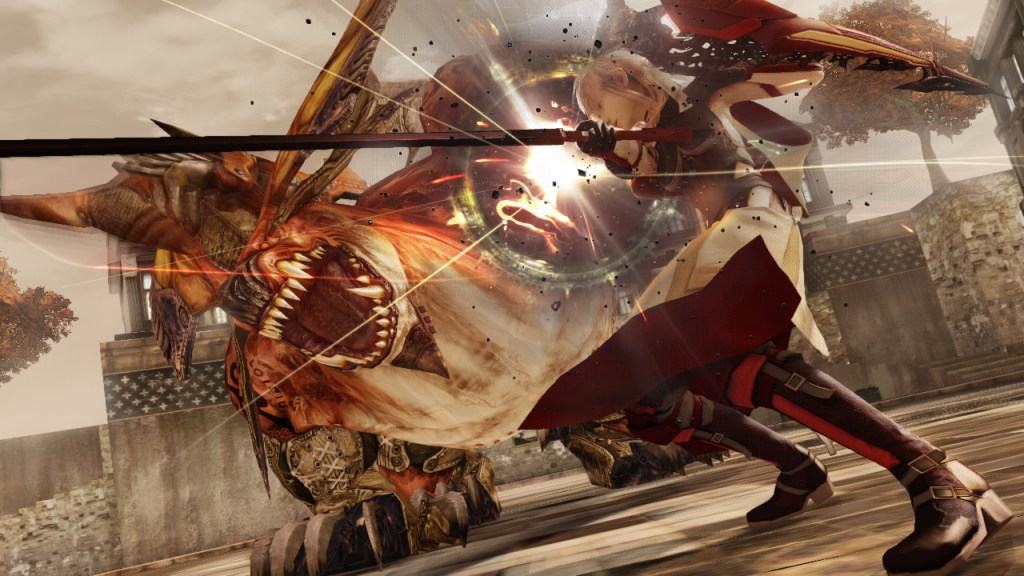
20. Lightning Returns: Final Fantasy XIII
Final Fantasy XIII is the only mainline Final Fantasy game to turn into a trilogy, but the third game is so dull that it might put Square off from ever pursuing that idea again.
If you enjoyed the narrative of the first two FF XIII games, that’s too bad, because this game’s plot goes so far off the rails that it almost feels like a completely different story that just happens to feature characters from the previous two titles.
The refined battle system that gives Lightning access to different abilities when she changes outfits actually is pretty enjoyable, but it’s wrapped in tons of boring fetch quests and a horribly frustrating in-game countdown that forces you to restart the game if it runs out. Lightning Returns is just really difficult to recommend to all but the most hardcore Final Fantasy fans.
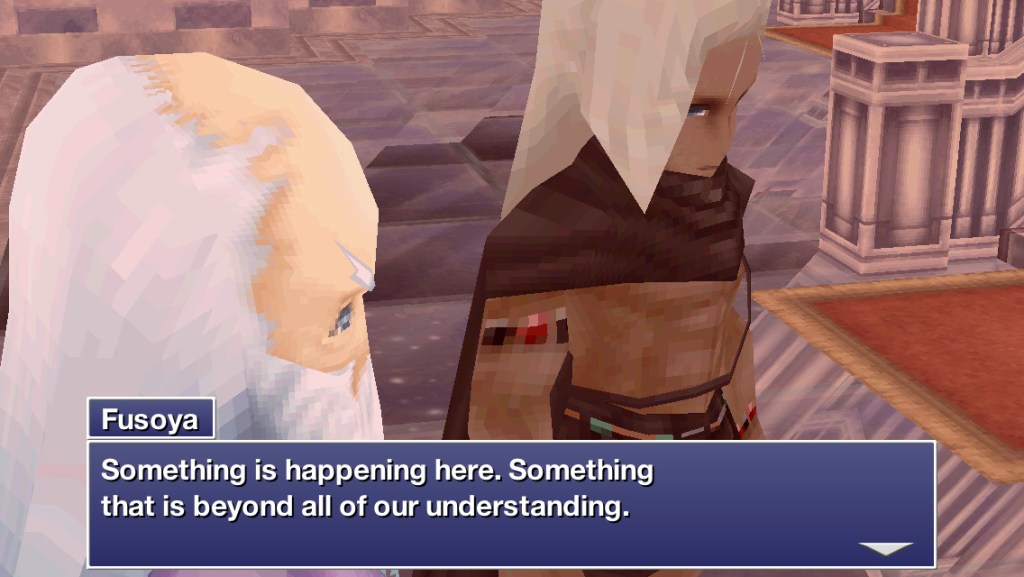
19. Final Fantasy IV: The After Years
Final Fantasy IV is widely regarded as one of the greatest RPGs of all time. We’ll see it much later on this list. This ill-advised sequel, however, just wasn’t necessary.
Some of this game’s problems come down to timing. The After Years was released as mobile phone technology was rapidly improving and downloadable console games were starting to gain popularity. For some reason, Square Enix decided to “capitalize” on those trends by releasing The After Years across multiple episodes (initially on Japanese cellphones and then later on WiiWare).
While episodic gaming isn’t a bad idea per se, time has certainly shown it rarely works out as well as developers hope. And that format still doesn’t excuse The After Years largely recycling levels and bosses from Final Fantasy IV, or The After Years‘ extremely grindy and frustrating endgame. The After Years could have been something special, but instead, it turned out like a hollow shell of a classic Final Fantasy game.
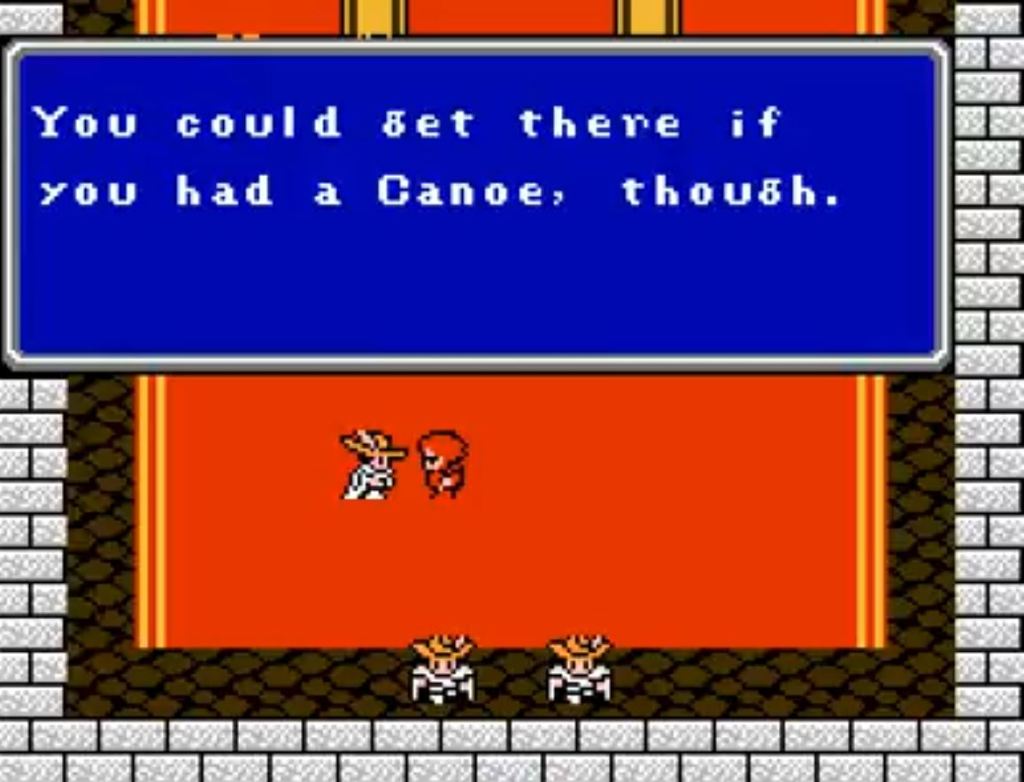
18. Final Fantasy II
Final Fantasy II usually appears near the bottom of these series’ rankings and for good reason. It’s not that it’s an awful game; it’s just kinda broken.
After the first game turned into a surprise hit, Square greenlit a sequel as quickly as possible without much of a plan beyond cashing in on the success of the first game. That meant a slightly better story than the original, but the team also decided that abilities should be upgraded based on how often you use them in battle as opposed to using experience points like in the original.
A lot of modern RPGs use a similar system, but it just wasn’t ready for primetime given this sequel’s rushed development and the limits of the NES hardware. Most notably, gamers quickly found they could game the system and become increasingly powerful by attacking their own party members. Even worse, that problem has never really been addressed in the game’s re-releases. If you do want to experience Final Fantasy II though, just keep in mind that the Game Boy Advance version is still the best, as it includes quite a bit of additional content not seen in other versions, including the now readily available Pixel Remaster.
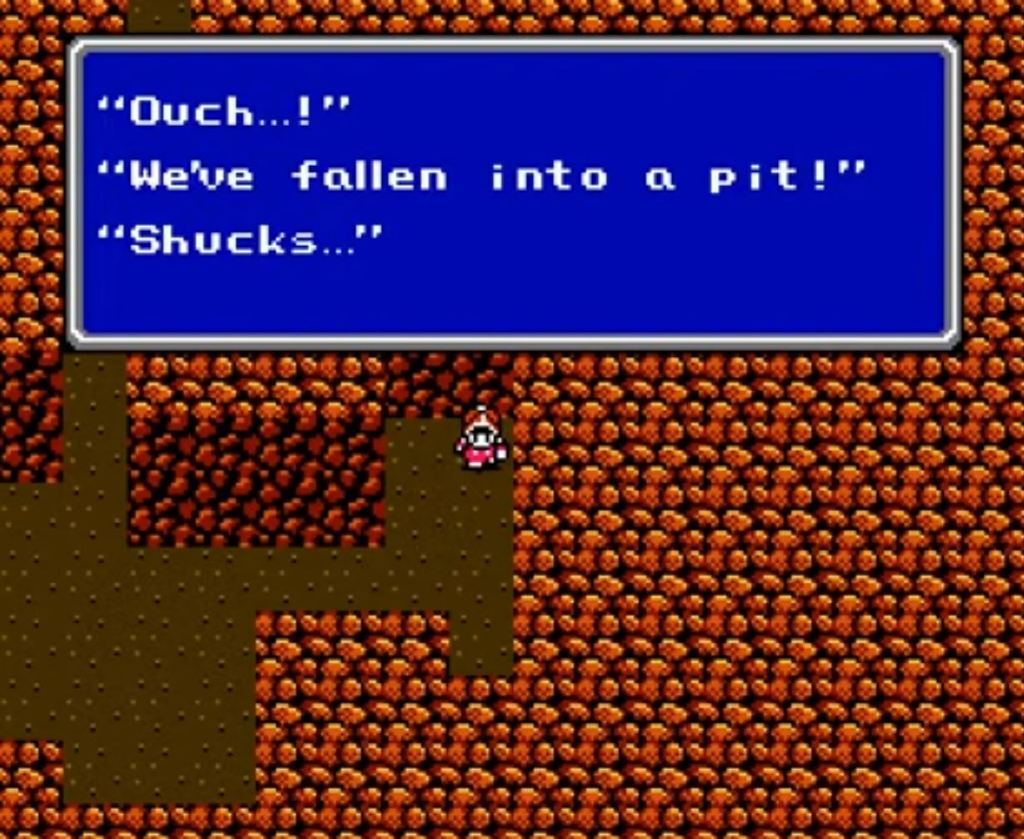
17. Final Fantasy III
Final Fantasy III was first released in Japan for the Famicom in 1990. It took 16 years for it to officially come to the West, and even then, it was a 3D remake for the Nintendo DS. Few gamers will tell you it was worth the wait, though.
Regardless of which version you play, the problem with Final Fantasy III in the 21st Century is that it feels like more of a historical artifact than a must-play classic. The turn-based combat was slightly refined, the experience point system made a welcome return, and the Job System made its debut, but all of those ideas are part of a game that can be overly difficult and subject to every year of its age. Final Fantasy III can be a treat for retro gamers, but more casual RPG fans have little reason to check it out now besides seeing the origins of ideas that are much better developed in later titles.

16. Final Fantasy XI
A lot of gamers still have fond memories of playing Final Fantasy XI on the PlayStation 2 or Xbox 360. Those console versions were shut down years ago, but the PC version of Final Fantasy XI still chugs along more than 20 years after its original release.
Is Square’s first MMO still worth playing in 2023? Well, the answer to that question is entirely dependent on your willingness to deal with all the quirks of an MMO that came out when Tom Brady only had one Super Bowl ring.
The game’s graphics and UI are rough, and even though years of quality-of-life improvements make the game easier to solo, Final Fantasy XI can be quite grindy. But if you can look past those issues, there are literally hundreds of hours of content to sink your teeth into, and it still doesn’t look like Square Enix plans to shut down the servers any time soon.
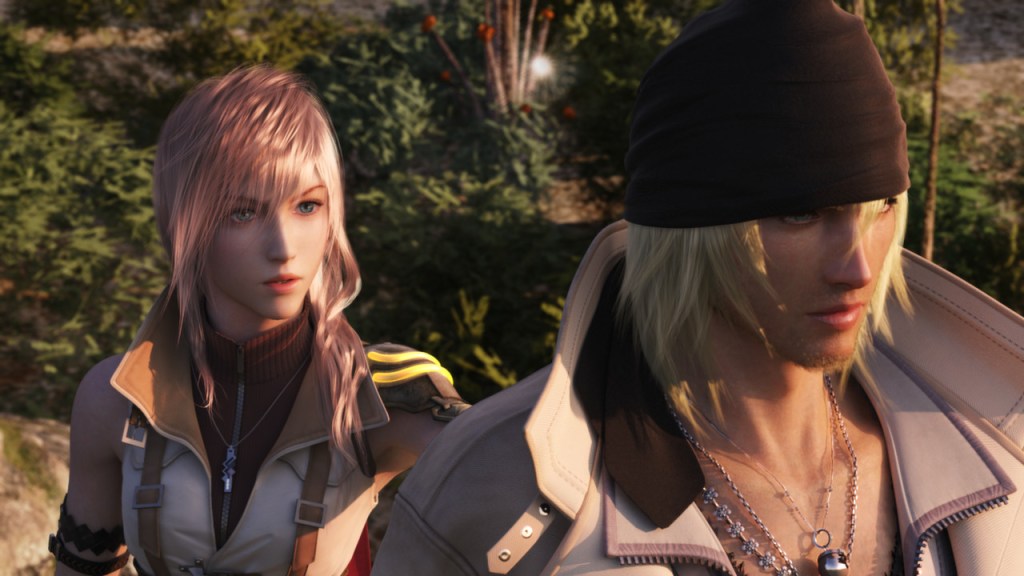
15. Final Fantasy XIII
Final Fantasy XIII is often derided as a “hallway simulator,” which isn’t an unfair criticism. Most of the game is incredibly linear, and you don’t even have much control over which abilities you unlock until several hours into the game. That being said, the game’s Paradigm system is really fun once you have access to a good number of commands, and it can make even the toughest enemies a breeze with a good strategy.
And more than a decade after its release, Final Fantasy XIII still looks fantastic and boasts a roster of likable characters. It’s just a shame they’re stuck in a convoluted story that constantly gets hung up on in-game terminology and lore. Though it gets a lot of hate, Final Fantasy XIII really isn’t a bad RPG; it’s just not a very good Final Fantasy game.
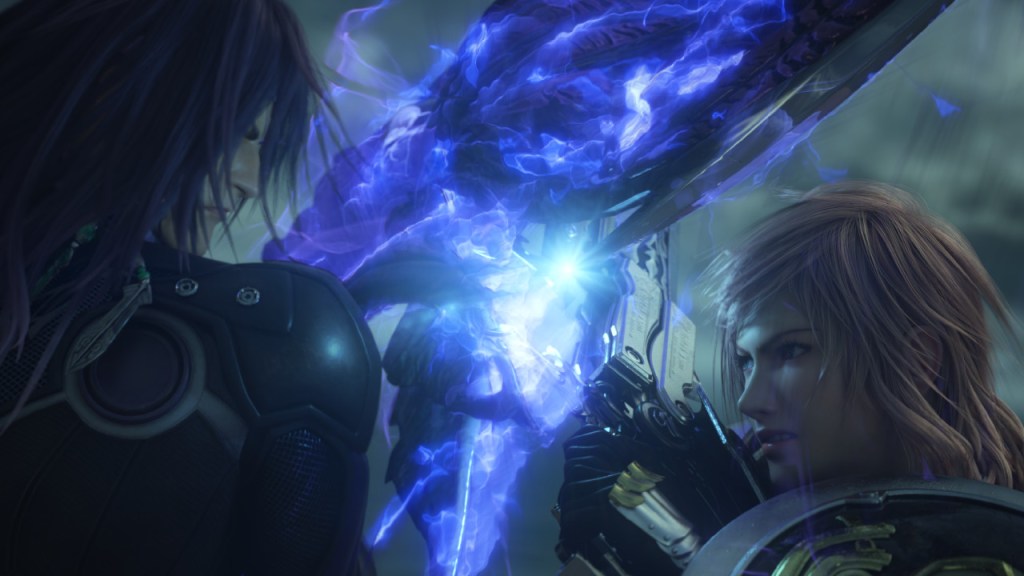
14. Final Fantasy XIII-2
The second entry in the Final Fantasy XIII trilogy fixed a lot of the issues with the first game but then went out of its way to introduce new ones.
For instance, this game is way more open than its predecessor, and the introduction of time travel to its story means you get to see different levels during different eras (which is always fun). But along with those improvements, you’re now stuck with the same two party members for the entire game, plus whichever random monster they have assisting them. And while time travel might make for more interesting levels, it doesn’t do a lot for the overall story and largely serves to set up what is quite possibly the worst antagonist in the entire franchise.
It really says a lot about the overall quality of the Final Fantasy XIII games that even with these serious flaws, it’s still the best of the three.

13. Final Fantasy VIII
The sixth and seventh Final Fantasy titles are often considered among the very best games ever made. During that same era, Square was also delivering classics like Parasite Eve, Xenogears, and Vagrant Story at an alarming rate. It’s almost unheard of for a developer to put out great games at that kind of pace, so a misstep or two was unavoidable. While by no means a bad game, it’s hard to see Final Fantasy VIII as anything besides a stumble in the midst of Square’s golden age.
This game’s love story and more science-fiction-heavy elements here have actually aged quite well, and, while they show their age now, the cinematics are fantastic. But what will always hold this game back for many fans is the Junction System. Some people do love it, but having stats affected more by magic and summons than gear just feels too foreign for most RPG vets.
If the Junction System clicks for you, this could easily be considered a top Final Fantasy game, but for most gamers, it’s always going to land somewhere in the middle of the pack.

12. Final Fantasy XV
There are some longtime fans of the series who still claim that Final Fantasy XV strayed too far from past games and it was essentially the death knell for the franchise. Yes, it’s completely unlike the previous titles, but for the most part, it works.
Final Fantasy games have always been about evolution, and this title’s open-world and real-time combat was a necessity to keep Final Fantasy relevant in the modern era of 4K gaming. What actually holds Final Fantasy XV back is when it attempts to hold onto the series’ past. The story’s take on a road trip is pretty weak, and the rest of the story never really takes off (and annoyingly needs to be fleshed out by playing the DLC episodes).
Still, there’s more good than bad here that does make us hopeful about the direction Final Fantasy XVI and future installments will take.
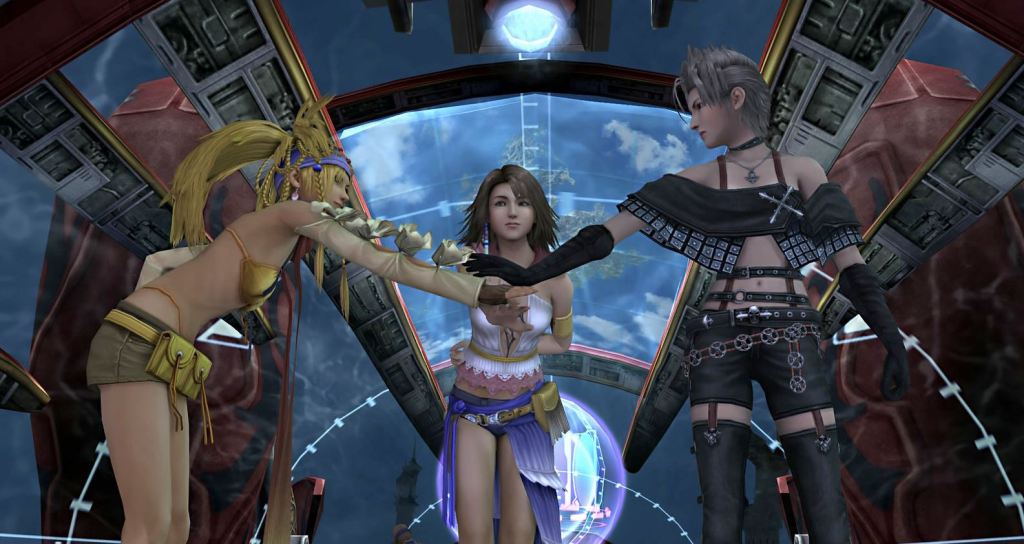
11. Final Fantasy X-2
As we’ve already seen, Square Enix has not had the best luck with mainline Final Fantasy sequels. Its first attempt at a direct sequel is still the best though, even if some of its design choices haven’t aged terribly well. Sorry, but the Garment Grid and Dressphere systems will always be rather silly. Not to mention that the game’s overall J-pop vibe is an acquired taste, to say the least.
Still, once you get past those issues, this game’s battles prove to be especially fast-paced and enjoyable. Even better, being able to explore most of Spira from the start of the game is a welcome change of pace, especially given how linear the series was becoming at this point. It almost feels like a disservice not to play through Final Fantasy X-2 if you beat the first game, which is more than can be said for the other direct sequels in the series.
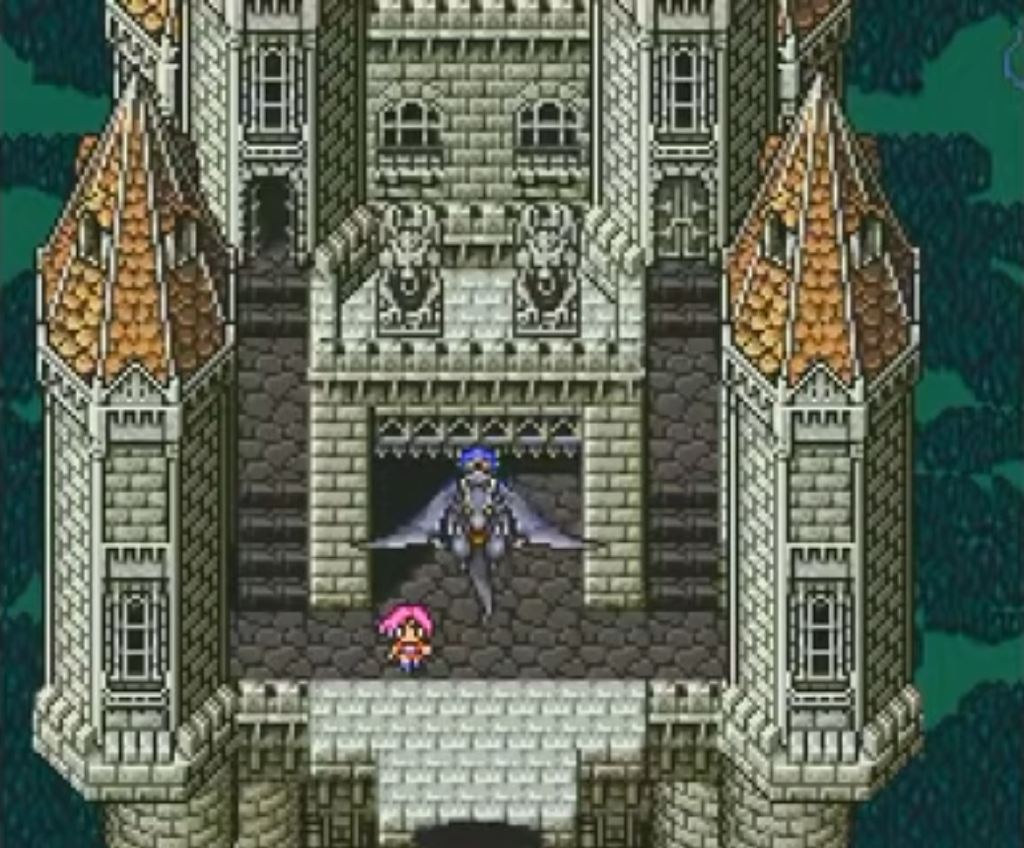
10. Final Fantasy V
Originally a SNES title, Final Fantasy V didn’t actually see a Western release until it finally hit the PS1 in 1999. That late release has always hurt the game’s reputation in the U.S., which is a real shame because this is a gem of an RPG that still has one of the most underrated soundtracks of the era.
Admittedly, the story and characters aren’t the best for the series, but the star attraction here is the refined Job System. Building on the ideas first established in Final Fantasy III, there are a whopping 22 jobs to master here in any order and combination you see fit, making for an extremely customizable experience (and some potentially very overpowered builds).
Final Fantasy V is the one game in the series that takes its pure role-playing mechanics seriously. And while the series has strayed away from the Job System over the years, at least that idea has since found a home in the Bravely Default games.
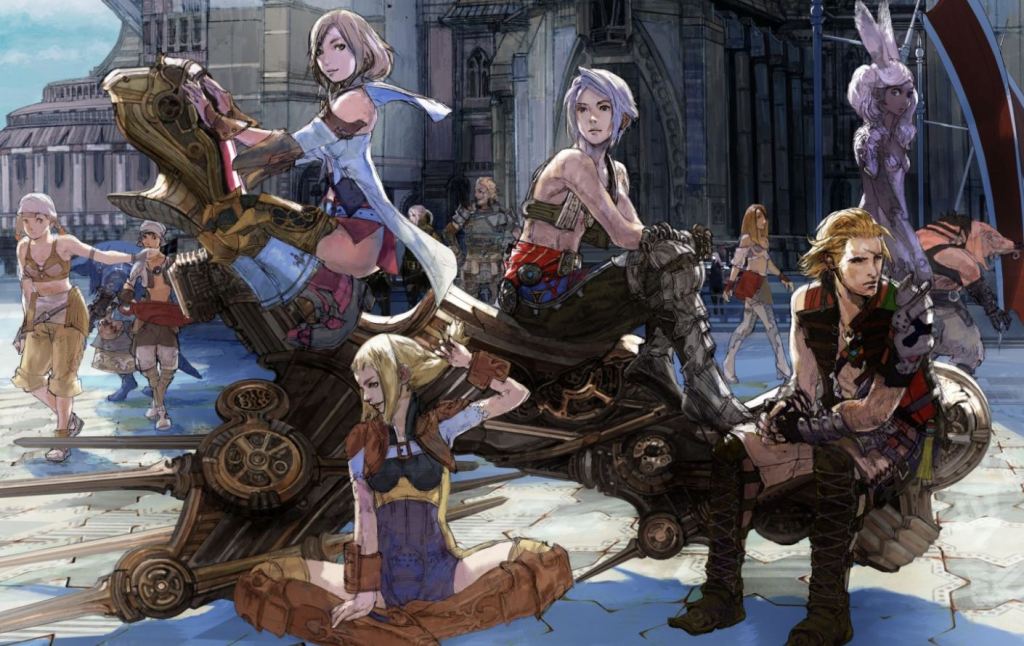
9. Final Fantasy XII
Detractors call Final Fantasy XII boring and slow, but while the story takes more time to unfold than other titles, once it gets going, you’ll find an expertly crafted political drama in a unique fantasy universe.
While Final Fantasy 12 makes numerous changes to traditional Final Fantasy gameplay (including the removal of random encounters and the addition of a gambit system that governs AI behavior), time has been especially kind to these design choices. Many of its ideas have been adopted by many other RPGs over the years.
Of course, adding a Job System to the remastered version of the game, The Zodiac Age, that’s also more widely available than the original version has also helped the game’s modern reputation quite a bit. Even if you didn’t like Final Fantasy XII when it hit the PS2, it’s well worth revisiting now.
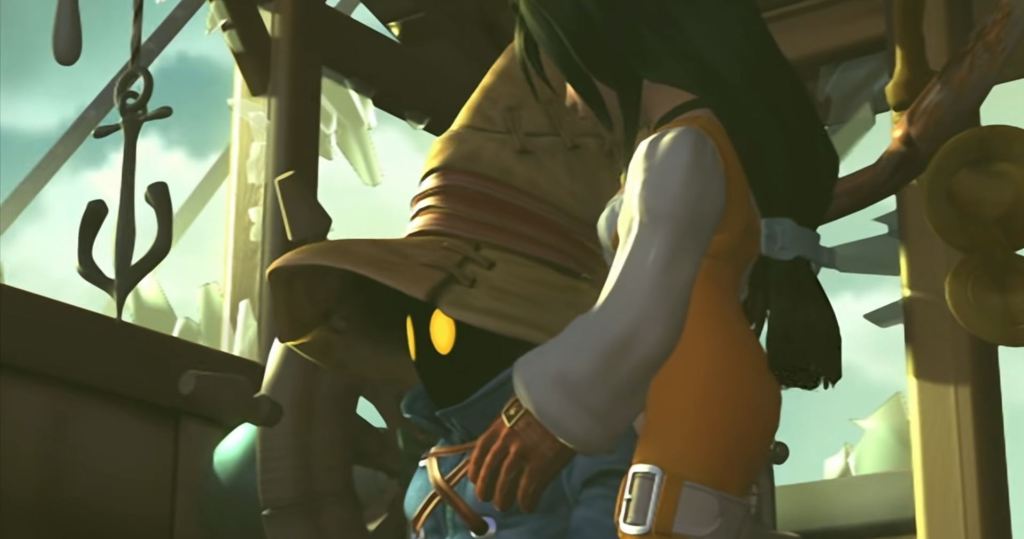
8. Final Fantasy IX
By the late ‘90s, the Final Fantasy series had started to stray from…well, fantasy.
Having just released three straight titles with heavy science fiction elements. Final Fantasy IX was Square’s attempt to get back to the series’ roots, with a medieval setting and a story about warring nations that was just one of many callbacks to earlier games in the series.
And while it feels a little rote at times, Final Fantasy IX is overall a joy to play thanks to some of the most likable characters in the series and a combat system that’s thankfully much more accessible than the previous title’s controversial Junction System. Rumors have been swirling on the Internet for some time now that Square Enix’s next big remake will be Final Fantasy IX, though it will be interesting to see if they can recapture the magic of the original.
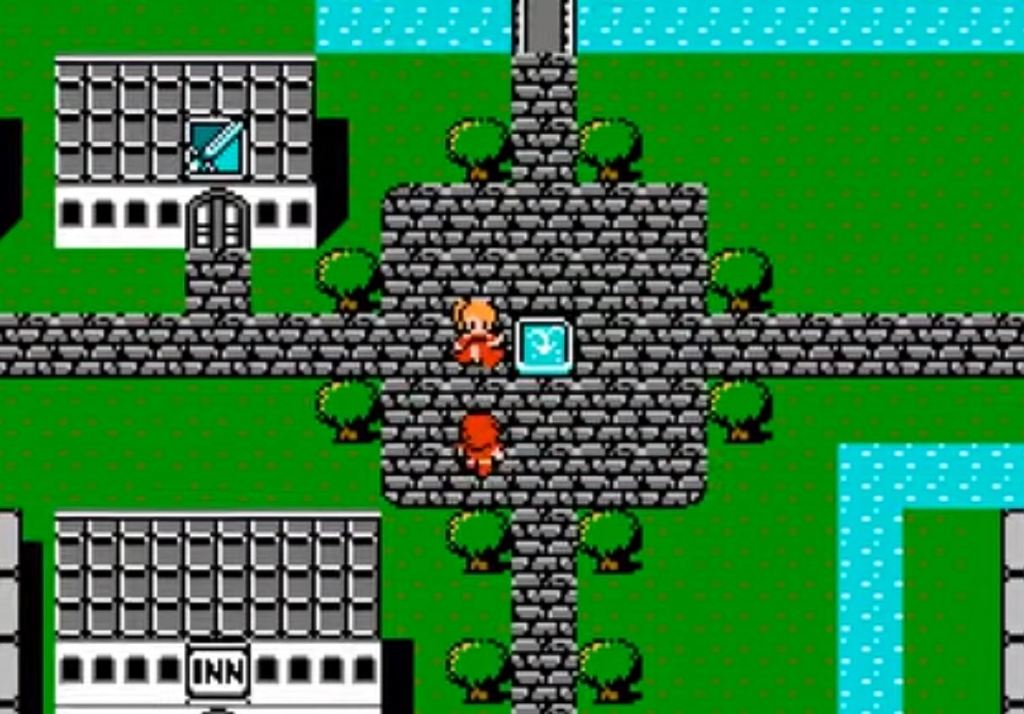
7. Final Fantasy
The original Final Fantasy may be short and simple, but it remains remarkably fun to play.
You start off by making your party of four from six available character classes. Create a balanced party for a breezy experience, or try to get through the game with four white mages for one of the most frustrating RPG experiences you can endure. It’s a simple setup, but it’s amazing just how replayable this game is just thanks to its party customization.
And this really should go without saying now, but keep in mind that if you want to track down the original NES version of the game, it’s particularly rough going due to its technical limitations and high difficulty. The Pixel Remaster version or one of the many other remakes or re-releases is the ideal way to experience this classic now.
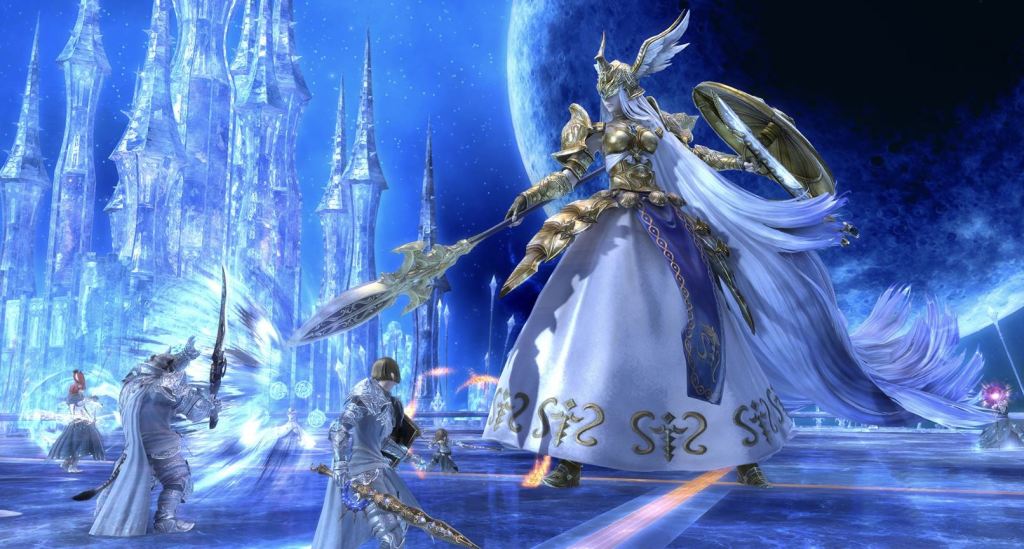
6. Final Fantasy XIV
If I was only considering the original release of Final Fantasy XIV, the game would easily be at the bottom of this list. It was just that bad, and Square Enix was right to completely scrap that version. But Final Fantasy XIV has mounted one of the most impressive comebacks in gaming history, with many lauding it as the best MMO you can play right now.
It’s not even that Final Fantasy XIV is notably different from the MMOs that have come before. It’s just that it does everything so damn well and makes the genre completely accessible to even the most casual players with a surprisingly engrossing story for the genre.
The elaborate Final Fantasy fan service (there are so many nods to the other games) is just an added bonus. Given the quality of the game’s ongoing expansions which just keep adding new content, Final Fantasy XIV might even find a higher place on this list down the line.
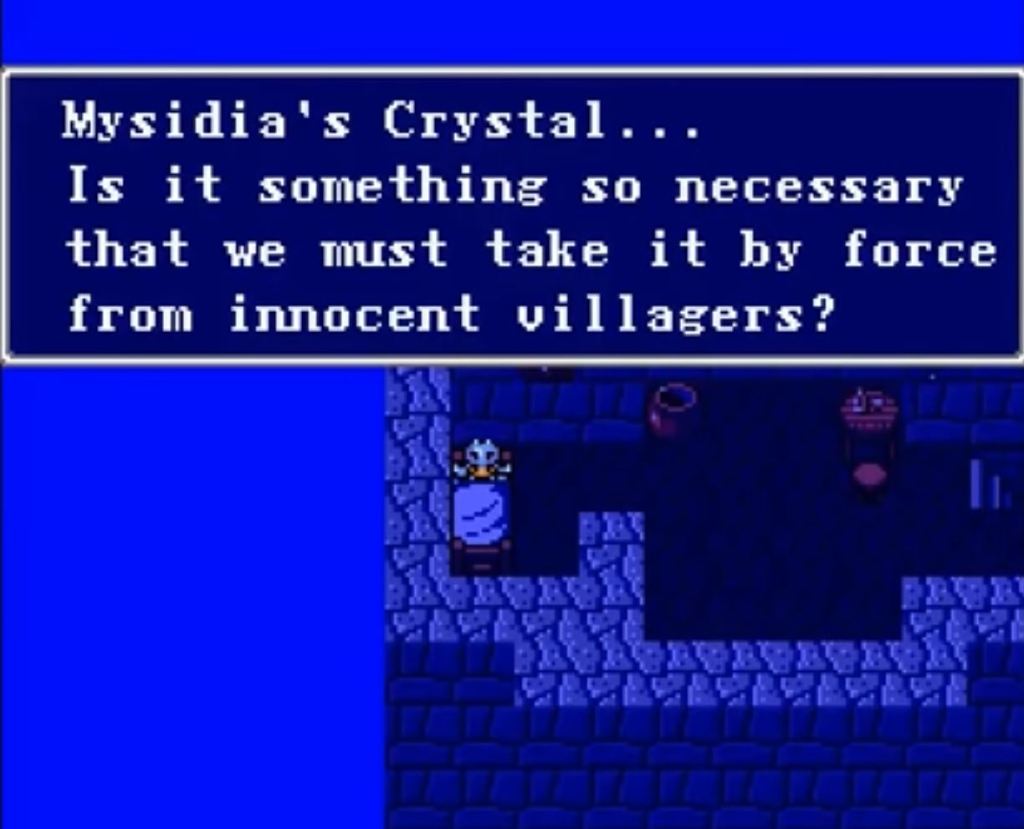
5. Final Fantasy IV
For most gamers who grew up in the ‘90s, Final Fantasy IV was when the series really came into its own. This was the title that introduced the ATB system that would become a franchise staple for years to come. However, this game’s biggest innovation will always be its storytelling.
Before Final Fantasy IV, many console RPGs told a fairly typical “heroes unite and save the world” story. It was fine. It got the job done. But no one wants to see that a dozen times. Final Fantasy IV introduced more complex characters like Cecil, Kain, and Rosa that you actually cared about, and a more emotional story about redemption. Frankly, even with its pixel graphics, a lot of modern RPGs could learn quite a bit about storytelling from Final Fantasy IV.
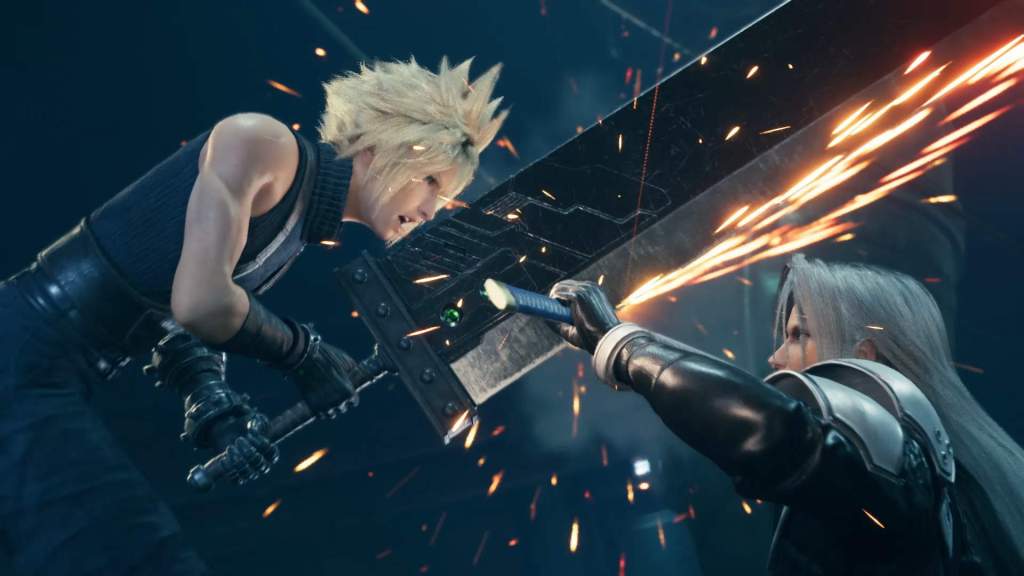
4. Final Fantasy VII Remake
Honestly, most gamers would have just been happy to have the same old version of Final Fantasy VII with 4K graphics, but Square Enix blew everyone out of the water with a completely new take on the classic.
Yes, this remake’s graphics are fantastic, but the expanded narrative and new real-time combat create a modernized version of a beloved game that both modern and retro gamers can enjoy. As good as the Final Fantasy VII Remake is though, it still doesn’t top the original, and that’s largely due to the fact that it only covers about one-third of the story told in the original. Furthermore, the closing hours also make it clear that the narrative is going to tread some new ground going forward.
Exactly how the Final Fantasy VII Remake is viewed in the future could depend a lot on how the next two parts of the planned trilogy turn out. Thankfully, the early details trickling out about Final Fantasy VII Rebirth look promising.
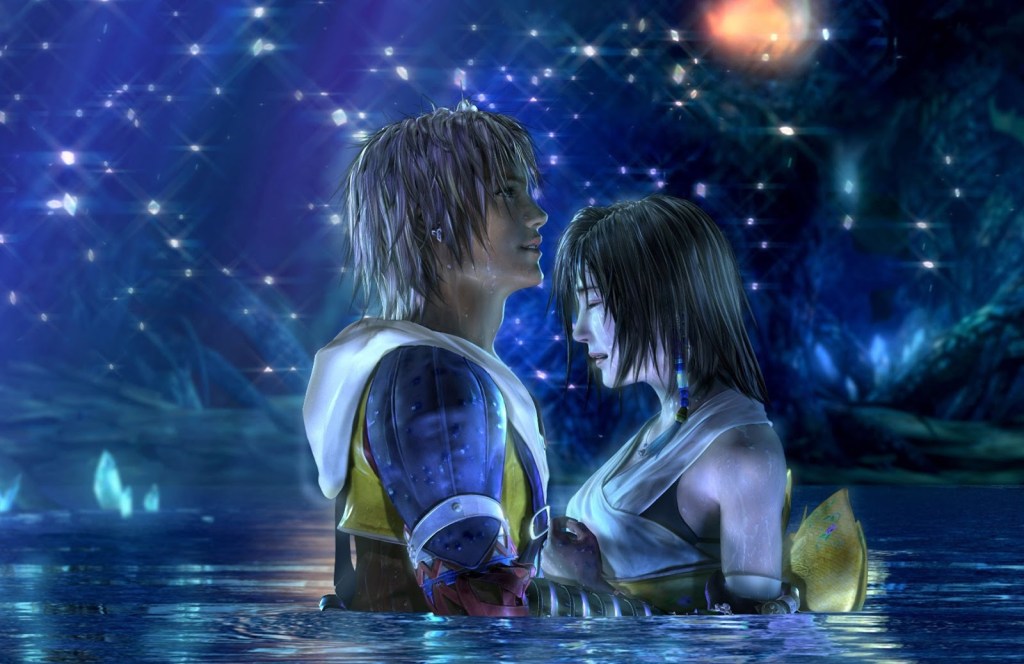
3. Final Fantasy X
In hindsight, Final Fantasy X was the last hurrah for much of what initially made the series popular.
To date, it’s the last game in the series to feature (mostly) traditional turn-based combat or random encounters, and it was the last game to feature a soundtrack mostly composed by Nobuo Uematsu. But the game was also firmly facing the future, as it was the first to feature voice acting and fully 3D backgrounds. And for better or worse (possibly because of those enhanced cinematic presentation elements), this is also when the series took a much more linear turn.
Most notably, Final Fantasy X also has the best cast in any Final Fantasy game since the series entered double digits. Yes, Tidus is a dork, but a likable one, and it’s hard not to get invested in his story. Ultimately, Final Fantasy X is a game with a little bit of everything for both old and new fans of the franchise, which is one of the reasons it’s remained so consistently popular over the years.
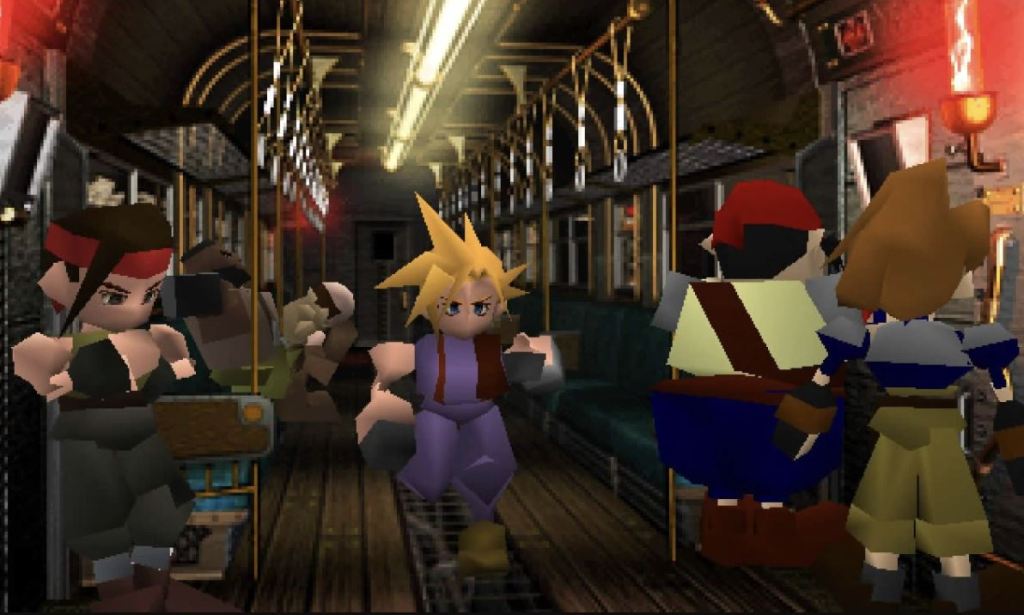
2. Final Fantasy VII
If you enjoy playing ultra niche JRPGs in English nowadays, Final Fantasy VII is the game to thank for that.
Before Final Fantasy VII, localizing RPGs was seen as a pretty big risk for most publishers, as the audience for such titles was thought to be quite small. Keep in mind that before Final Fantasy VII, three of the games in the series hadn’t even seen official releases in the U.S. But Final Fantasy VII, with its epic plot, iconic moments like the death of Aerith, impressive world, and soaring soundtrack, found appeal with such a wide audience that it opened the floodgates for RPGs in the West.
Yes, the game looks a little dated now, but with its pitch-perfect atmosphere and writing, and surprisingly engaging combat, the gameplay holds up surprisingly well. The remake might look a lot better, but going back to the original version is still the best way to experience Final Fantasy VII.
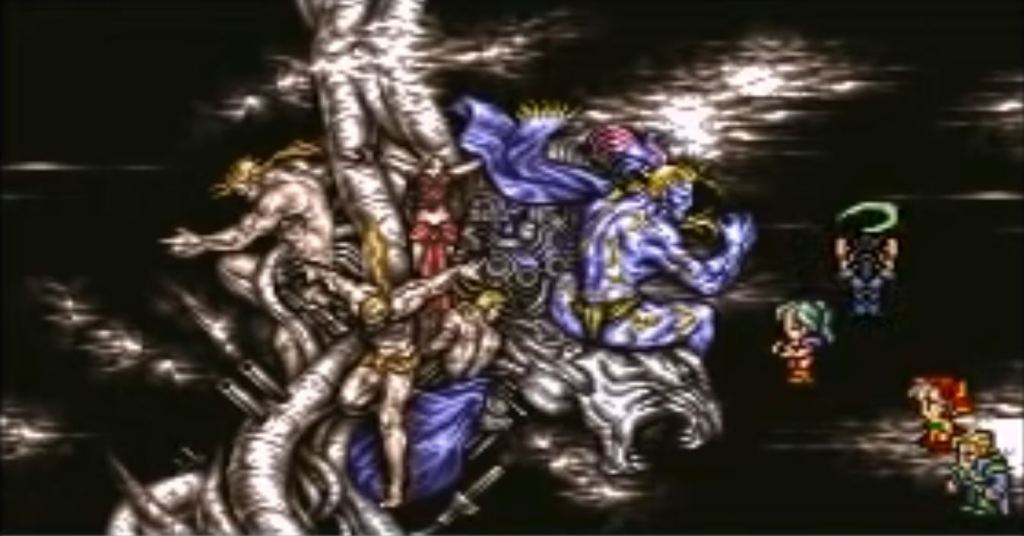
1. Final Fantasy VI
Later installments in the Final Fantasy franchise have better graphics and faster combat, but even with all those innovations, Final Fantasy VI remains the pinnacle of the series.
In the end, that comes down to one thing: story. A great story will always be the most important thing in an RPG, and the story here is simply the best in the series thanks to its memorable cast of more than a dozen playable characters, a pitch-perfect villain in the insane Kefka, and one of the greatest twists in gaming when Kefka actually succeeds in his plans and brings about the apocalypse.
Final Fantasy VI remains the most emotional and compelling tale in the franchise, and did it all without HD graphics or lengthy CGI cinematics. It’s an absolute master class in storytelling, and a must-play for any RPG fan.
